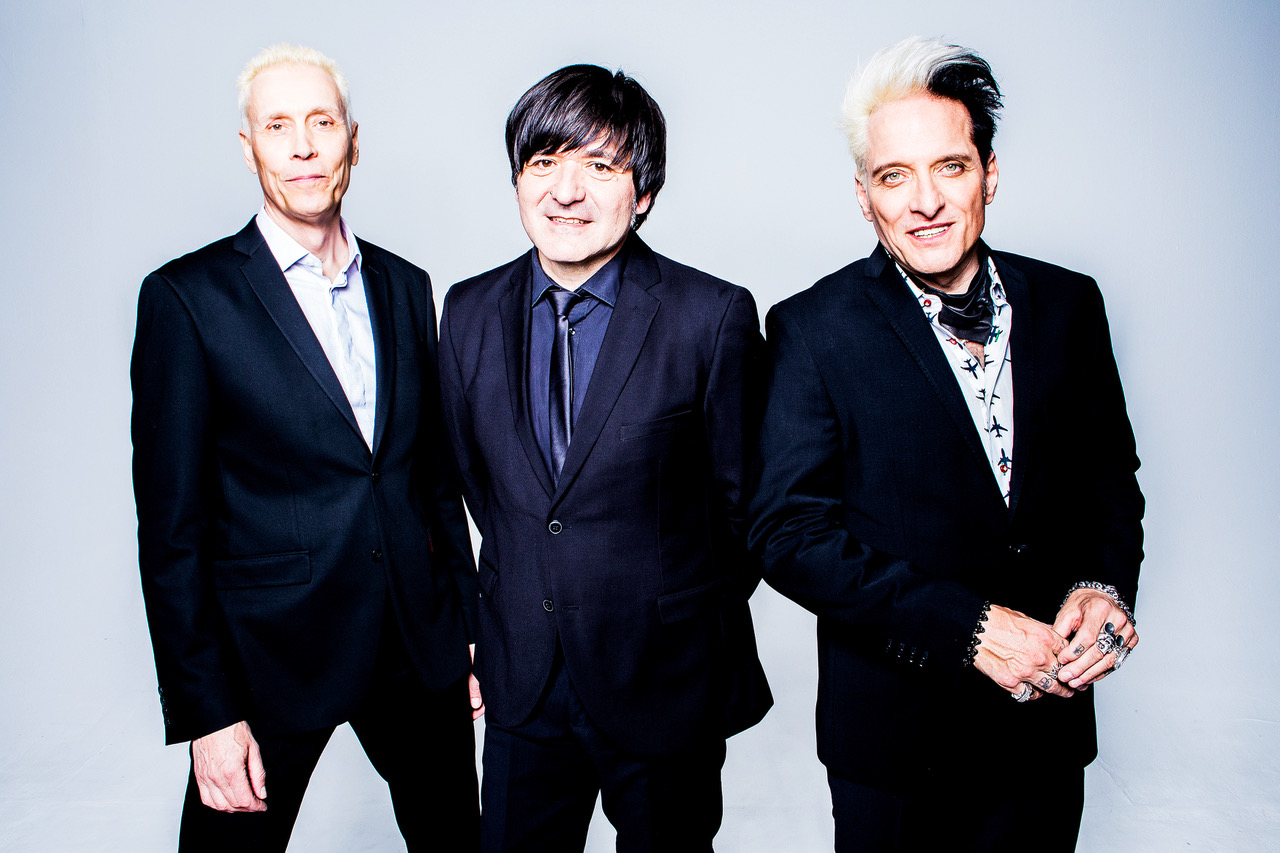The Civil Aviation Agency (CAA) invites local governments, companies and private landowners, when participating in organizing or supporting a dance challenge, to make sure that it is perpetuated by an unmanned aircraft or drone by a remote pilot with appropriate knowledge and qualifications, CAA representative Aivis Vincevs informed.
The CAA invites you to remember the appropriate qualifications required of a pilot when perpetuating dance challenges with a drone.
The CAA has identified cases where the “Jerusalem Dance Challenge” dance was filmed with a drone or was planned to be performed in violation of safety regulations, thus endangering the dancers themselves.
Vincevs pointed out that the CAA supports the unity of society in these difficult times, however, the organization and perpetuation of such events must be legal and safe so that the positive goal does not turn into a tragic event. Dropping from a great height on an unmanned aircraft endangers the health and even the lives of the participants.
To shoot dancers from the air, organizers often attract remote pilots with drones. The CAA, analyzing the video, filming locations, flight altitudes, and potential remote pilots, has concluded that filming is in violation of drone pilotage regulations, thereby endangering the dancers themselves and third parties. At the same time, the CAA has observed on social networks that filming activities are planned in places where it is prohibited and it is planned to be done by remote pilots who do not have the appropriate experience and permission.
Implementing the “Consult First” principle, in such cases the CAA warns the event organizers or remote pilots, as far as possible, of the need to film in accordance with the rules to ensure the safety of the participants.
The dance challenge mostly involves a large number of people, so in all cases, regardless of the venue, these drone flights are high-risk flights. This type of flight may be conducted by remote pilots who have passed appropriate examinations and obtained a CAA approval.
The high-risk flight permit obtained and the examinations passed confirm that the remote pilot has sufficient theoretical knowledge and practical skills to perform high-risk flights, including a clear contingency plan. At the same time, the civil liability of such remote pilots is adequately covered by insurance, guaranteeing coverage of losses.
The CAA encourages municipalities, businesses and private landowners when engaging in the organization or support of such events to ensure that its drone immortalization is carried out by a remote pilot with the appropriate knowledge and qualifications.
Vincevs pointed out that the company condemns people who drive without a driver’s license, and that air passengers want to fly in aircraft piloted by highly qualified pilots. This attitude is also expected for other airspace users – remote pilots, as the risk of an unqualified remote pilot flying over people with a drone is high.
The CAA survey shows recklessness among remote pilots, as most believe that lack of time or high self-esteem, that the personal experience of the flight is great, are sufficient arguments to professionally shoot events with a drone and not have to legalize their activities in accordance with safety rules. In a survey conducted this summer, 38% of remote pilots admitted that they had passed the necessary tests at the CAA.
To date, 506 remote pilots have passed the CAA tests, proving their knowledge and skills in safe drone piloting.
The CAA reminds that persons are held administratively liable for improper drone piloting.
–


